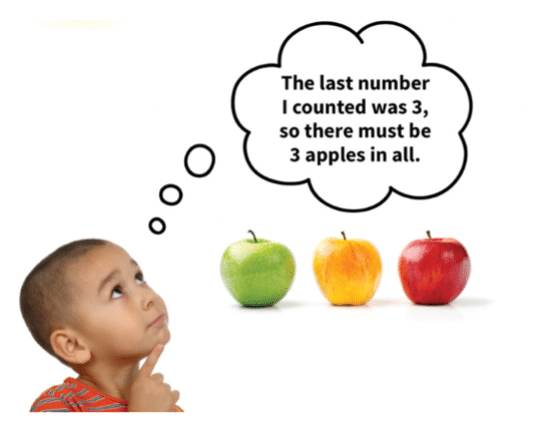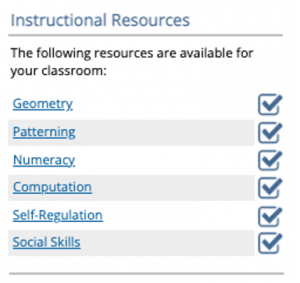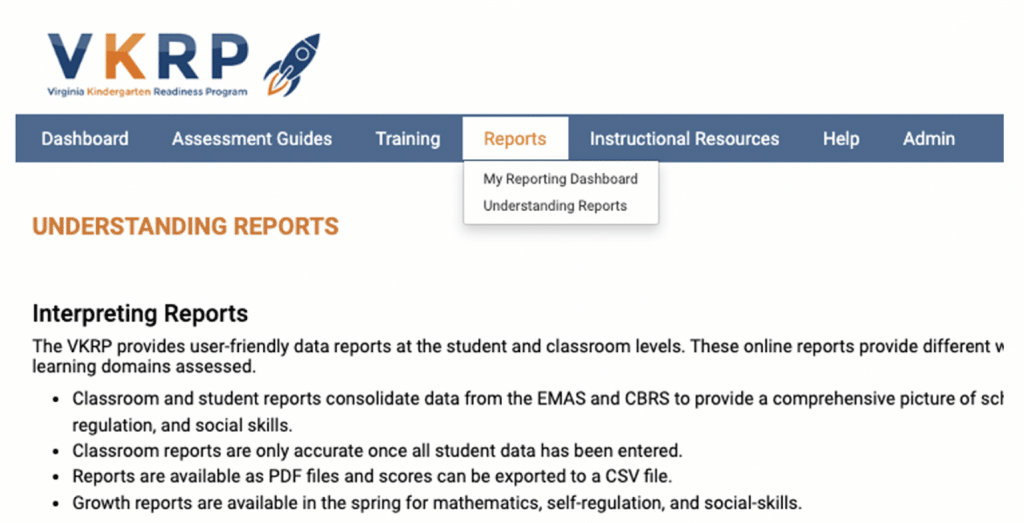VKRP FAQ Spring 2023
You’ve Asked Some Great Questions and Here Are The Answers to Your Most Frequently Asked Questions!

We are grateful for the feedback and questions you’ve asked about VKRP. Below, we provide responses to some of the most frequently asked questions we’ve received. Please note frequently asked questions about the Virginia Literacy Partnerships’ (VLP) Pre-K Language & Literacy Screener can be found in this recent blog!
Timing, Frequency, and Participation
Question:
Is VKRP required for public kindergarten students?
Answer:
Yes. All public kindergarten students (with only rare exceptions as detailed below) must be assessed in the fall and spring of the school year.
Question:
Is VKRP required for pre-kindergarten programs who accept public dollars?
Answer:
Yes, but only for some public pre-kindergarten programs such as VPI and VECF Mixed Delivery.
For 2023-2024, the following publicly funded, three-year-old and four-year-old children will participate in VKRP in the fall and spring:
- Children in VPI classrooms. This includes children who are enrolled in a VPI classroom, but who may not be funded through VPI state dollars (e.g., an ECSE student or a locally funded child in a classroom that is supported by VPI) as well as VPI children in a community-provider setting.
- Children in VECF Mixed Delivery classrooms.
Pre-kindergarten children in public school classrooms that are NOT funded by VPI (such as a full ECSE classroom, Head Start classroom, Title I classroom, or other locally supported Pre-K classroom) may be assessed using the VKRP assessments, but it is not required.

Question:
How is the VKRP aligning with other VDOE program deadlines?
Answer:
Many assessments are given around the same time at the beginning of year to best understand the incoming skills of students in your classroom. Having information about students’ skills when they enter your classroom can help you to individualize instruction, but it also means that the first several months of school are very busy for teachers!
To try to reduce assessment overlap, VKRP and VLP strategically plan assessment terms. Within assessment terms, divisions and programs are encouraged to schedule assessment windows during times that are most convenient. It is recommended that the VKRP mathematics assessment (the Early Mathematics Assessment System or EMAS) be administered during the two weeks prior to the start of the VLP assessments (Pre-K Language & Literacy Screener, PALS-K). Additionally, we recommend that the VKRP social skills and self-regulation rating scale (Child Behavior Rating Scale or CBRS) be completed after 4 to 6 weeks of instruction to allow adequate time for teachers to observe students’ skills. Importantly, having students’ mathematics, literacy and social-emotional skills assessed at a similar timepoint allows for the comparison of students’ skills across areas of early learning as well as an opportunity to track and monitor growth over the school year.

Preparation for Teachers
Question:
Where can I find information about administering VKRP?
Answer:
On the VKRP web portal, users can access the training checklist or use the “Training” tab to link to the materials to prepare for the VKRP assessments—online training modules, manuals, demonstration videos and practice assessments. The VKRP Training Team is available for in-person and remote trainings.
VKRP with Three-year-olds
Question:
Is the EMAS developmentally appropriate for three-year-olds?
Answer:
Yes. The EMAS is appropriate for children as young as three-years-old. The EMAS was intentionally constructed to measure a wide range of young children’s early mathematics skills. To ensure the developmental appropriateness with young children, VKRP partnered with early childhood mathematics experts, including Virginia teachers and mathematics specialists, to construct the pre-kindergarten EMAS.
From birth, there is evidence that young children hold informal, everyday mathematical ideas that help them to make sense of the relationships which they observe. See some examples below of how young children are using math to make sense of the world around them.

“I am a big brother AND a little brother at the same time.”
(Measurement)
“We can cut the cookie here so it’s fair.”
(Sharing fairly/equipartitioning)
“She has more crackers than me!”
(Number comparison)
VKRP and Students with Disabilities
Question:
Should students with disabilities be assessed using the VKRP?
Answer:
It depends. VKRP was intentionally designed to assess a wide range of young students’ skills with administration flexibility to best meet each student’s developmental needs. Teachers can choose to administer the assessment using “Nonstandard Administration” – as described in the VKRP Administration Manual. These manuals are located within the VKRP web portal under “Assessment Guides” tab and “Essential Documents”.
Many students with disabilities and/or IEPs can successfully complete VKRP assessments with appropriate accommodations. However, teachers can exempt children with IEPs that explicitly state that they should not participate in VKRP. A decision to exempt a student from any of the VKRP assessments must be done in collaboration with leadership at your center, program, school and/or a student’s IEP or support team. It is strongly recommended that teachers have discussions with families about non-participation and that non-participation in the VKRP assessments means that teachers, schools, and families will not receive information on student readiness.
Using VKRP Data
Question:
Are there supports to help me use the VKRP data?
Answer:
Yes. VKRP includes a reporting system that provides detailed information about students’ skills in the fall and spring as well as growth over the academic year. These include reports at both the classroom-level and the student-level. In addition, the lower right section of most reports directly links to instructional resources to use in the classroom (see image below).

Additionally, an Interpreting Reports document is available to VKRP users and includes detailed information about the reports and how they can be used to support students’ learning and development. In pre-kindergarten, this document also provides information about the new Skill Development Bands as well as how to interpret and use children’s growth data over the school year.
This document is available for both kindergarten and pre-kindergarten levels and is located under the “Reports” tab/”Understanding Reports” as shown below.

Family Engagement
Question:
How can teachers share information about VKRP with families?
Answer:
Forming relationships and connections with families is important to schools, programs, and teachers. In the fall, teachers shared that the VKRP assessments, data, and reports helped to facilitate meaningful conversations with families. VKRP data is meant to inform supports for students both in and outside of the classroom. Having conversations about VKRP data with families can help a family better understand what their child is learning in school and how to extend learning at home.
Family Information Reports are available at both the pre-kindergarten and kindergarten levels in both English and Spanish for fall and spring. These reports contain information about students’ mathematics, self-regulation, and social skills. Additionally, a family friendly resource document is available in English and Spanish that includes strategies and activities for skill development that families can use at home. Teachers are encouraged to use the Family Information Report during family-teacher conferences and to share the resources specifically tailored to families.
The VKRP public website also includes a page specifically for families that includes links to resources and websites have been carefully vetted. These resources and sites can be useful in order to support children’s school readiness skills at home. These can be accessed using the links below.

Additional Family Support Resources:
As always, please do not hesitate to provide feedback and ask us questions! You can reach us via hotline chat, email vkrp@virginia.edu or phone 866-301-8278 x1. Additionally, a recent webinar provides even more information about the pre-kindergarten VKRP.
More Questions for the VKRP Team? VKRP provides support via the online chat feature when you are in the system, via email vkrp@virginia.edu, and via toll free 866-301-8278